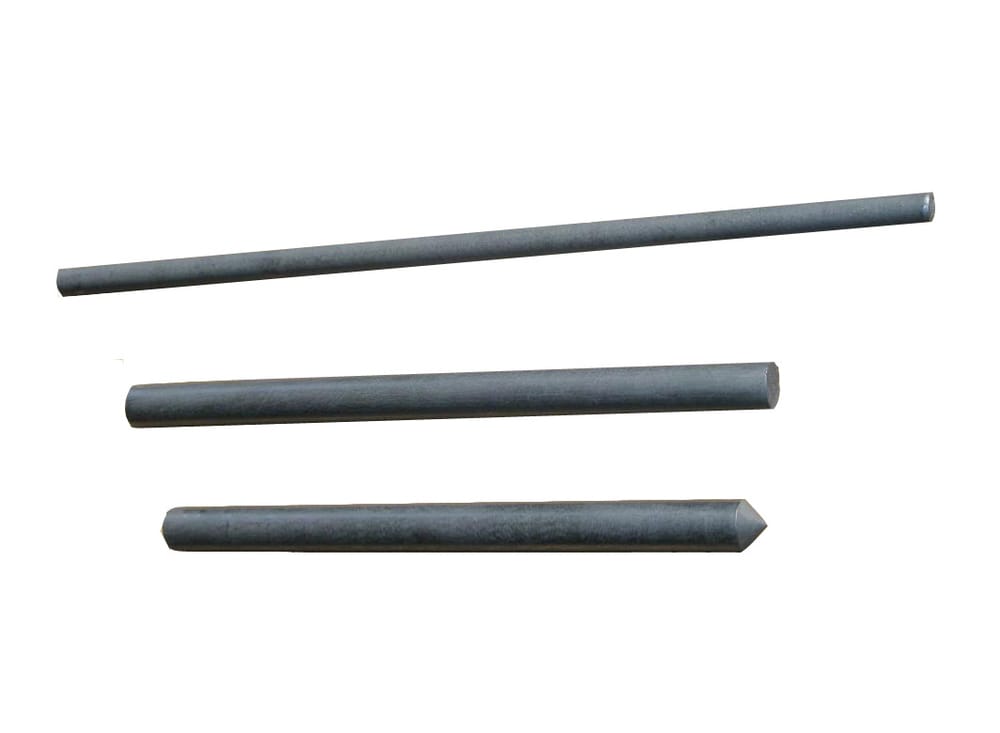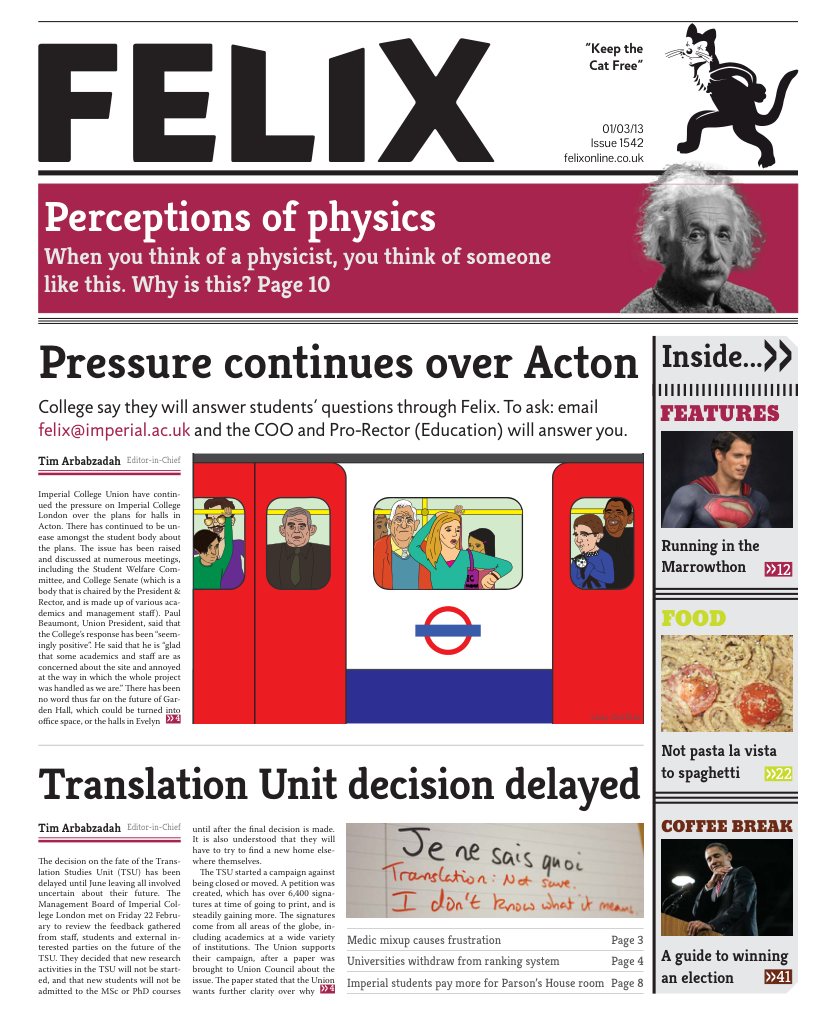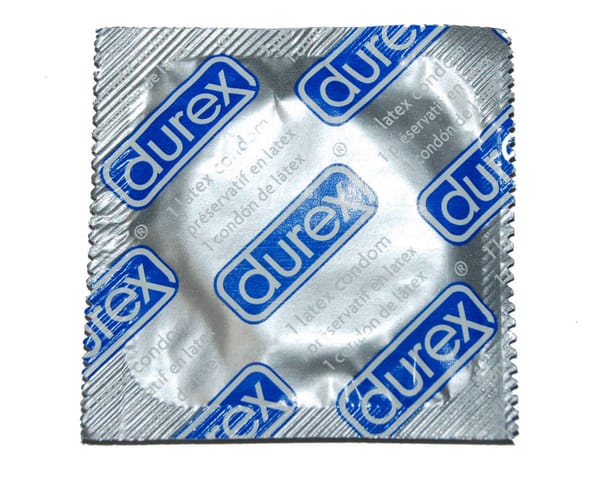Graphite supercapacitors are taking charge
Kier Little on the new trend of supercapacitors made from graphite

In a viral video released last week from the website www.upworthy.com, Richard Kaner and Maher El-Kady of the University of California, Los Angeles revealed that they have discovered a cheap and efficient new way of manufacturing graphene, in a way which could lead to the development of affordable graphene-based capacitors and batteries.
Their method (also published in Nature Communications) involves depositing a film of graphite oxide on a plastic surface and then irradiating it with a laser – they used a standard DVD and LightScribe DVD burner. Much more than merely creating a sheet of graphene, this process can be used to inscribe graphene circuits in the insulating graphite oxide layer with a resolution of 20μm; a method which could be scaled up to industrially produce flexible electronics.
"Traditional methods for the fabrication of micro-supercapacitors involve labor-intensive lithographic techniques that have proven difficult for building cost-effective devices, thus limiting their commercial application," El-Kady said. "Instead, we used a consumer-grade LightScribe DVD burner to produce graphene micro-supercapacitors over large areas at a fraction of the cost of traditional devices. Using this technique, we have been able to produce more than 100 micro-supercapacitors on a single disc in less than 30 minutes, using inexpensive materials."
Graphene’s supercapacitive ability has been under investigation for a while. The UCLA researchers discovered that by embedding an electrolyte layer on their inscribed graphene, they could produce micro-supercapacitors with the energy density of lithium ion batteries, though unlike batteries, they can charge in a matter of seconds and are far less bulky and heavy.
"The integration of energy-storage units with electronic circuits is challenging and often limits the miniaturization of the entire system," said Kaner. "This is because the necessary energy-storage components scale down poorly in size and are not well suited to the planar geometries of most integrated fabrication processes."
Kaner’s team are now looking for partners in industry to produce graphene supercapacitors on a large scale. While practical applications for these may yet be far away, they could eventually replace current batteries, leading to flexible, wearable electronic devices and phones, laptops or even cars that could be charged in a few seconds.









